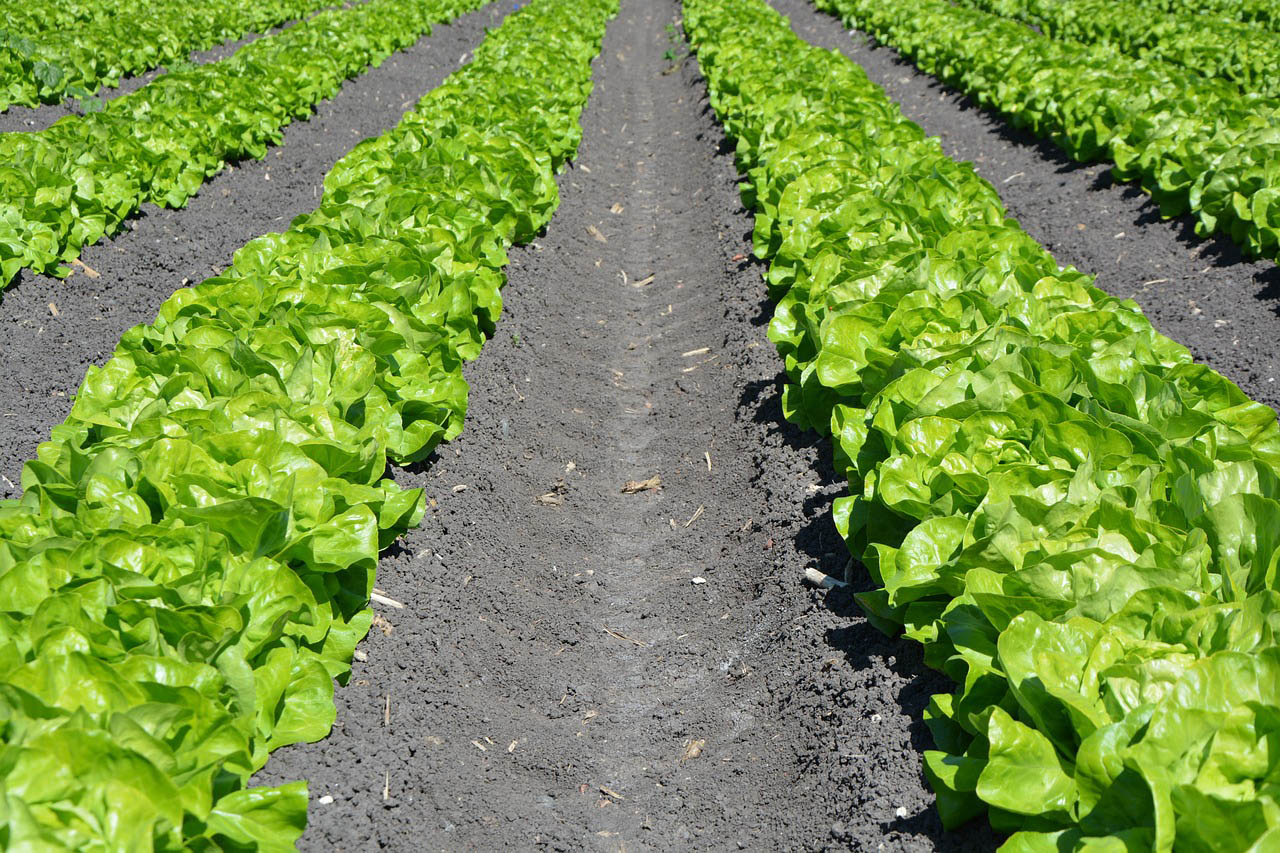What is Vapor Recovery?
Vapor recovery is the process of capturing the saturated gasoline vapors that would otherwise escape into the environment and pollute the air. There are two types of vapor recovery systems, Stage I and Stage II (sometimes referred to as Phase I and Phase II). The Weights and Measures Services Division (WMSD) oversees a vapor recovery program that mandates Stage I vapor recovery systems to be continuously operated and inspected annually at fuel dispensing sites in certain Arizona geographic areas. Stage I vapor recovery systems are designed to collect gasoline vapors displaced from the underground or above-ground gasoline storage tank when a fuel tanker truck delivers. Stage II vapor recovery systems differ from Stage I by collecting gasoline vapors displaced from the vehicle fuel tank when a customer dispenses fuel from a gas pump. Stage II vapor recovery systems were once required in Area A (Phoenix Metro) but have since been decommissioned and are now prohibited.
Are You Impacted?
Yes, if you operate a gasoline dispensing site located within Area A (Phoenix Metro) or Area B (Tucson Metro) with a gasoline throughput of at least 10,000 gallons during any one month of a calendar year (vapor recovery requirements do not apply to gas stations owned and operated by tribal members on Native American reservations). If you have a gasoline throughput of less than 10,000 gallons per month, you must file a monthly Throughput Report by March 30 of each year for the previous calendar year (A.A.C. R3-7-1002(B)). You may submit your throughput report online.
Initial Installation or Major Modification of Vapor Recovery Systems
A person shall not begin to construct a site in Area A (Phoenix Metro) or Area B (Tucson Metro) requiring a vapor recovery system or make a major modification to an existing vapor recovery system or component before obtaining approval of an Authority to Construct (ATC) permit. The construction plan must be submitted to the Division for review along with a $250 application fee. You may apply for an ATC permit online using the location's BMF number found on the location's license. If the location does not have a BMF number, you may request a BMF number by contacting [email protected].
Once the plan is approved and an ATC permit is issued, an inspection of the site is required:
- Prior to the burial of vapor recovery vent lines and components (pre-burial inspection);
- within 90 days of the date when the site starts gasoline sales (initial inspection, a.k.a. "vapor new");
- and annually thereafter (annual inspection, Area A only).
Inspections must be scheduled with WMSD and may be scheduled online by a vapor recovery Registered Service Agency (RSA). Please note that "vapor new" inspections will not be scheduled unless the location has a signed ATC Completion Certificate (Addendum B of the ATC permit) on file with WMSD. There is no fee for any inspection.
ATC Permit Application
Apply for an Authority to Construct (ATC) permit online by clicking the button below.
Inspection & Maintenance Logs
Arizona Administrative Code R3-7-1007 requires all locations with stage I vapor recovery to install, maintain, and operate the system in accordance with the statutes and rules and to cease operation if defects listed in R3-7-1007(D) occur. Additionally, locations operating Stage I vapor recovery equipment in Area A are required to conduct regular inspections of their vapor recovery system and maintain inspection and maintenance logs. Click here for more information and to access inspection and maintenance log templates.
Annual Test
In Area A, annual vapor recovery system tests are required to ensure that the vapor recovery equipment is working properly. These tests are conducted by a Registered Service Agency (RSA) who is licensed by WMSD to install, repair, and test vapor recovery equipment. The dispensing site is responsible for all testing costs associated with RSA, and there are no inspection fees required by the WMSD. Tests must be scheduled in advance by a licensed vapor recovery testing company using our Vapor Scheduler, and a WMSD investigator may witness the test.
For Stage I vapor recovery systems, the required California Air Resources Board (CARB) test procedures include:
- Pressure Decay Test (TP-201.3)
- Tie-Tank Test (TP-201.3C)
- Pressure/Vacuum (P/V) Vent Valve Test (TP-201.1E)
WMSD requires the annual test to be conducted during the month of the year that is the same month in which the annual test occurred in the previous year. For example, if a location was tested on August 3, 2018, the next annual test must occur any time between August 1, 2019, and August 31, 2019.
The penalty for failing to conduct an annual vapor recovery test includes shut down of the location's Stage I vapor recovery system.
Compliance Inspections
In addition to the annual test, WMSD may conduct unannounced compliance inspections. These inspections determine if the vapor recovery system and components are properly retaining gasoline vapors, all inspection and maintenance logs are maintained and available for review, and all spill containment buckets are free of liquid/debris and functioning properly.
Featured Links
-
Food Access
Finding Healthy Food in ArizonaConnecting people, food, and resources through partnerships with producers, non-profits, for-profits and government.
-
Get a License
Apply For, Renew, or look up a LicenseEnter our Licensing and Payment System then use the filter at the top to find the license you want to apply for or renew or find existing license information, including CEU's
